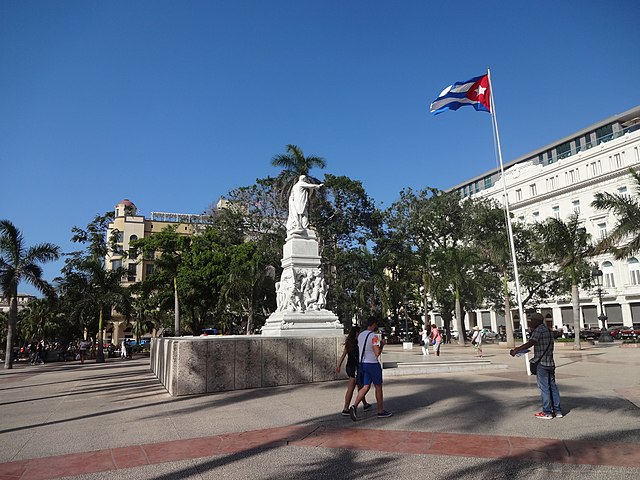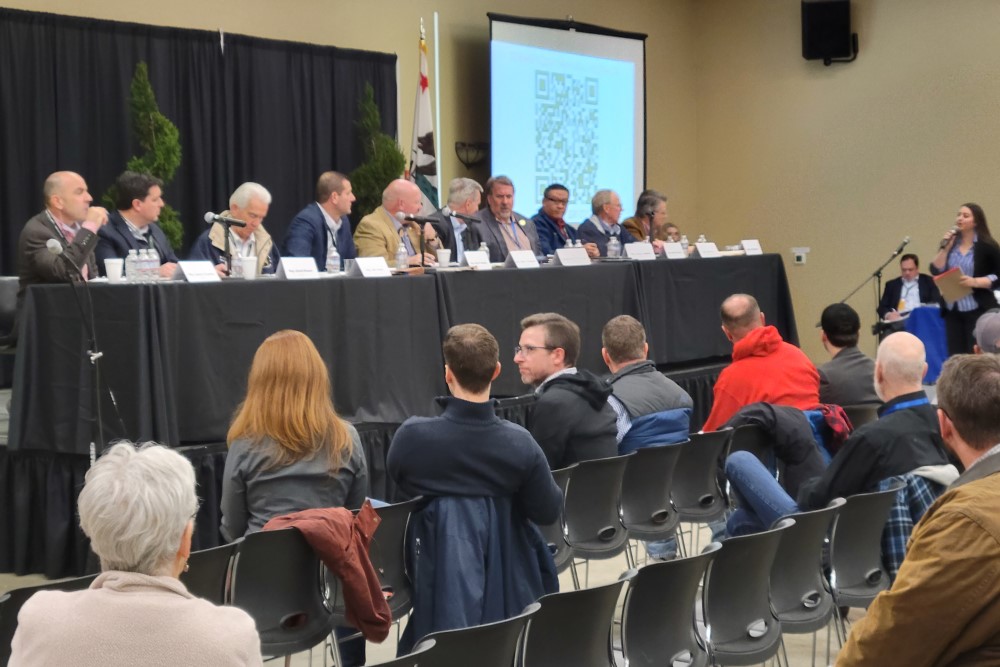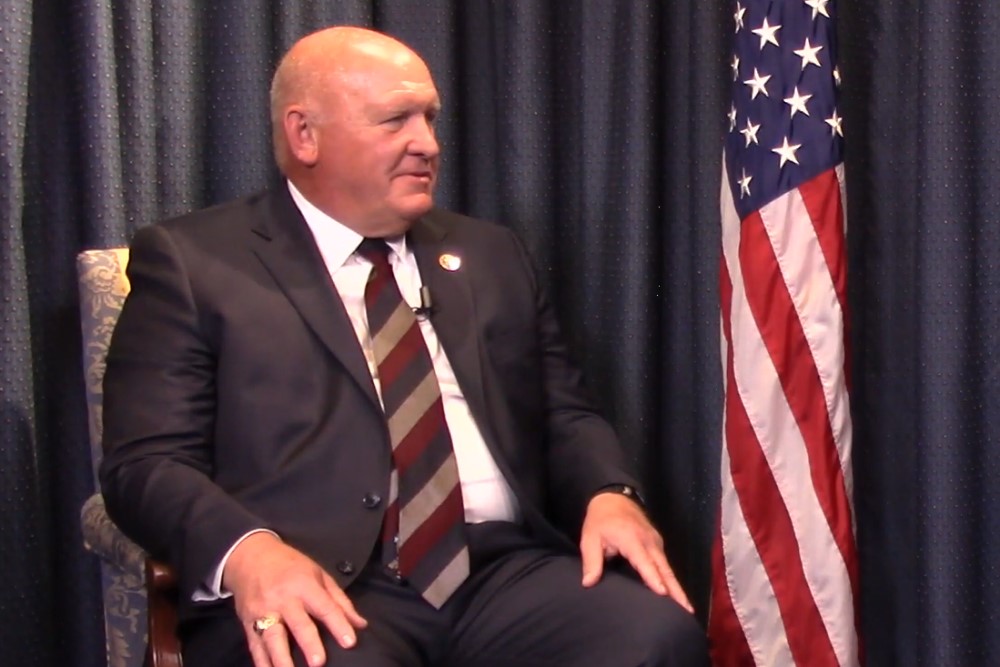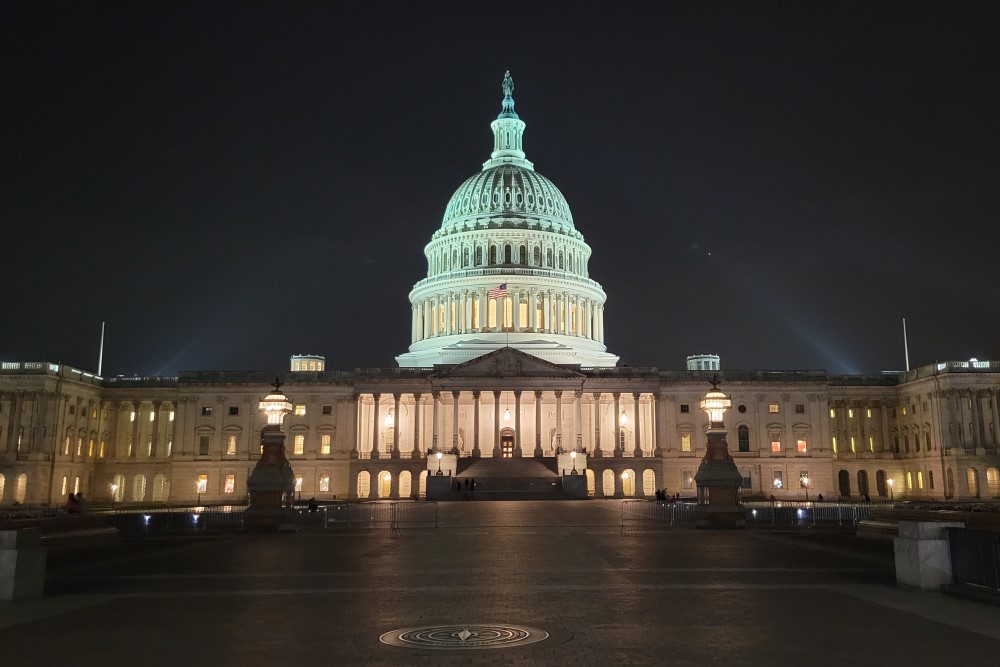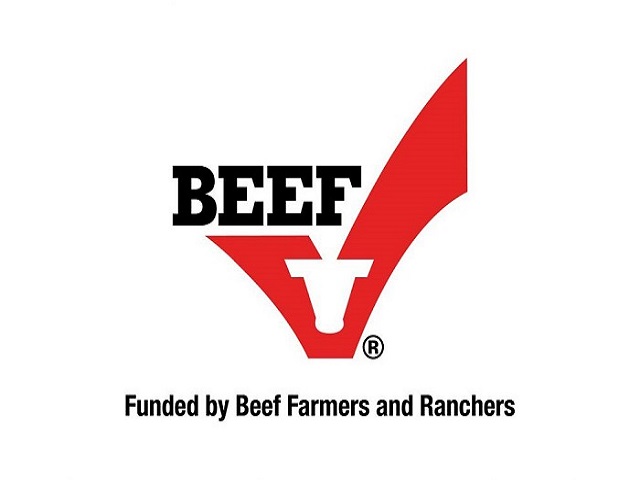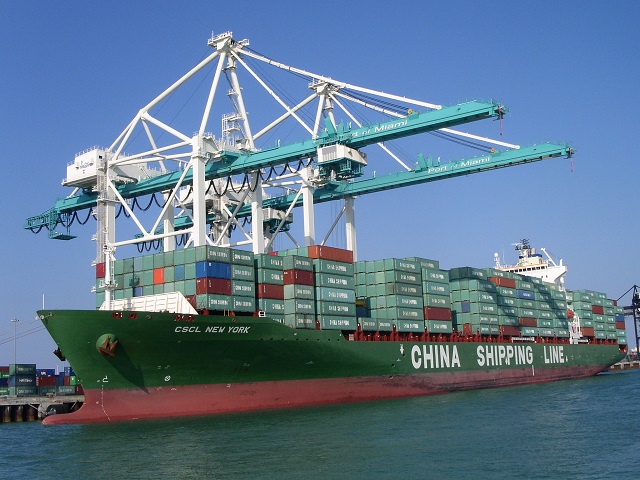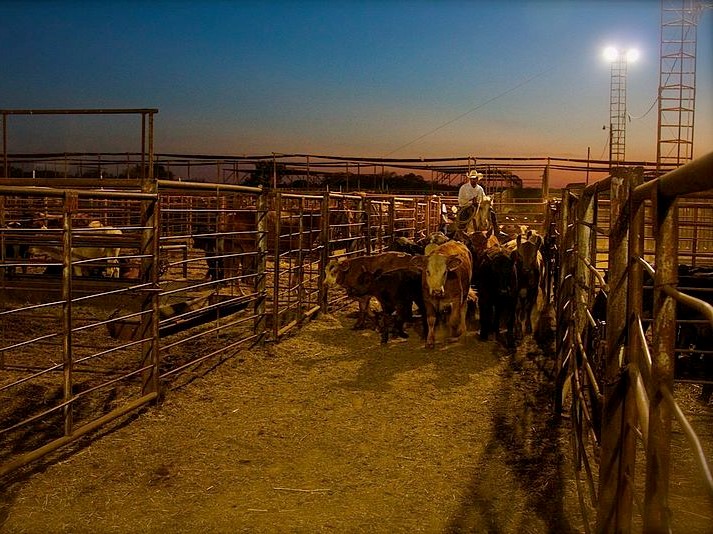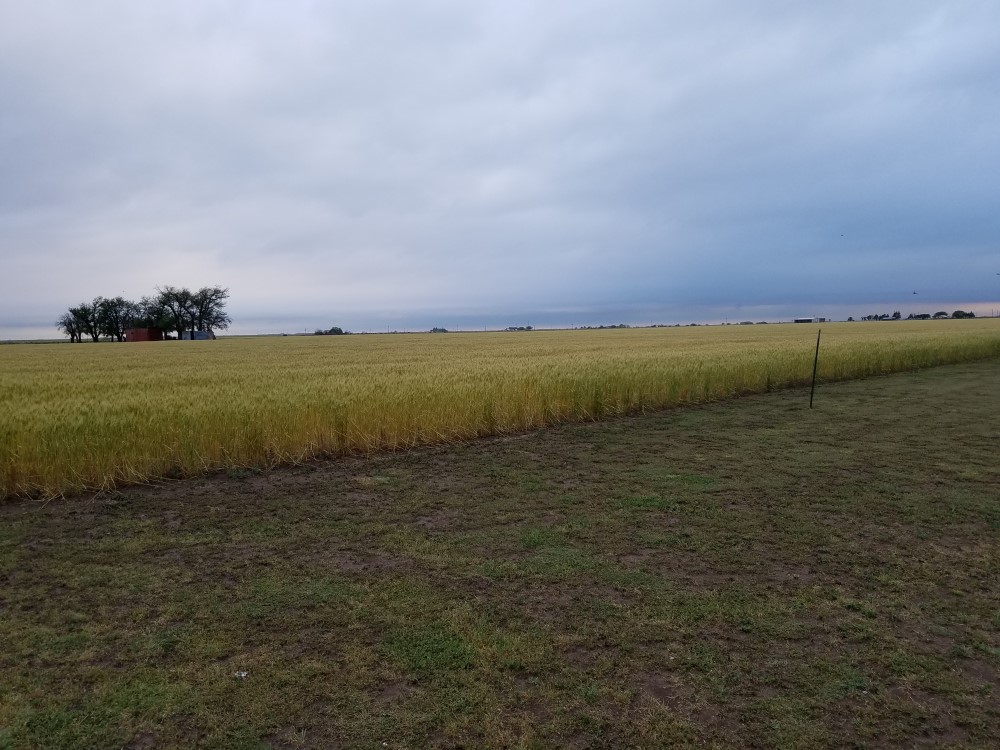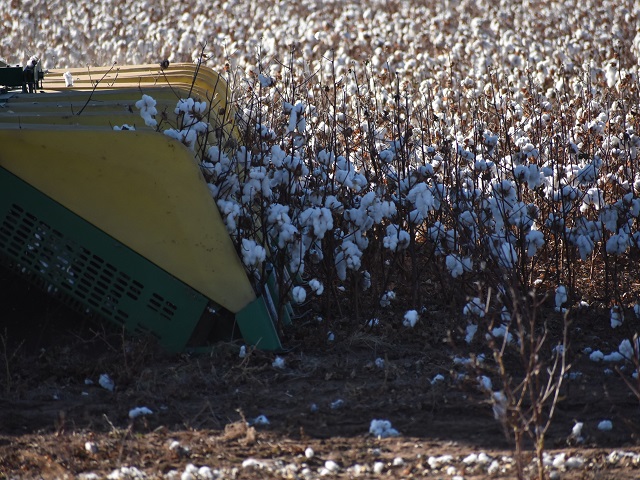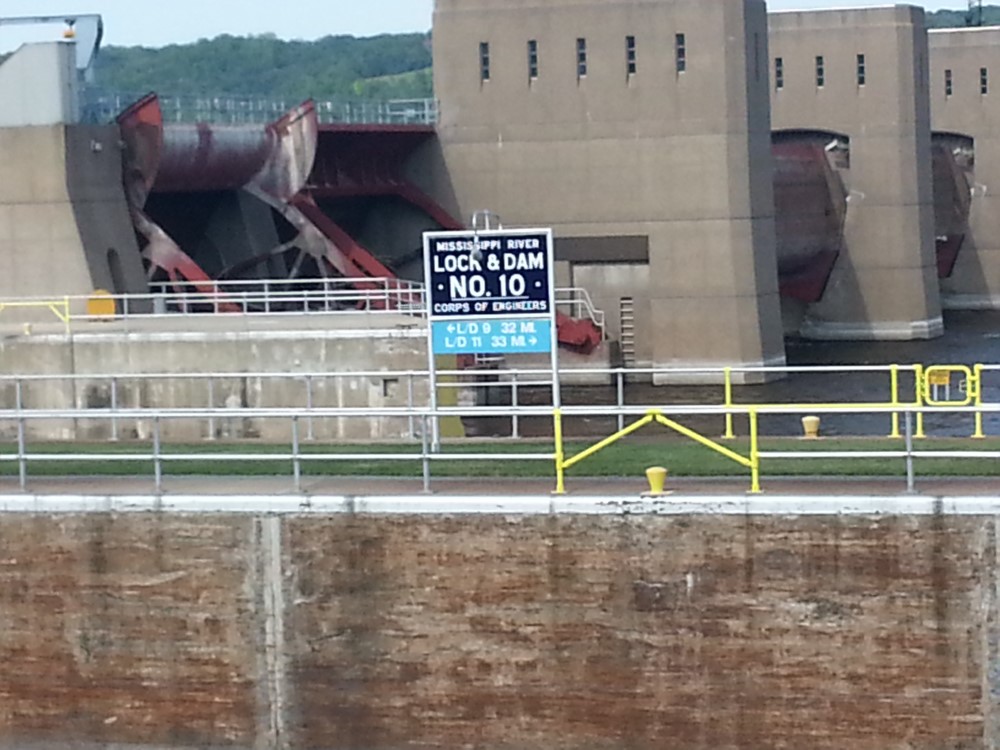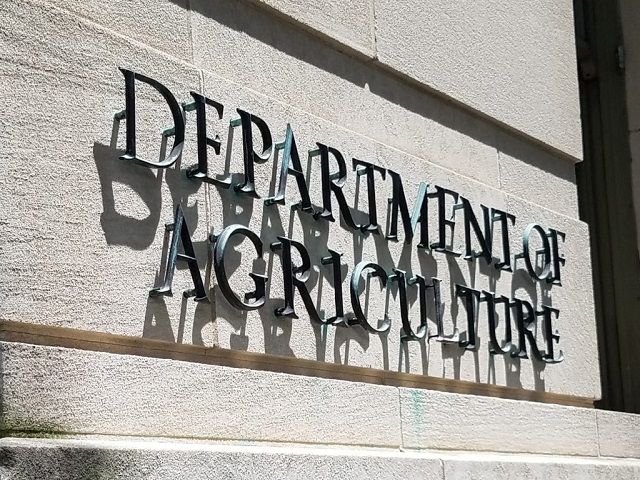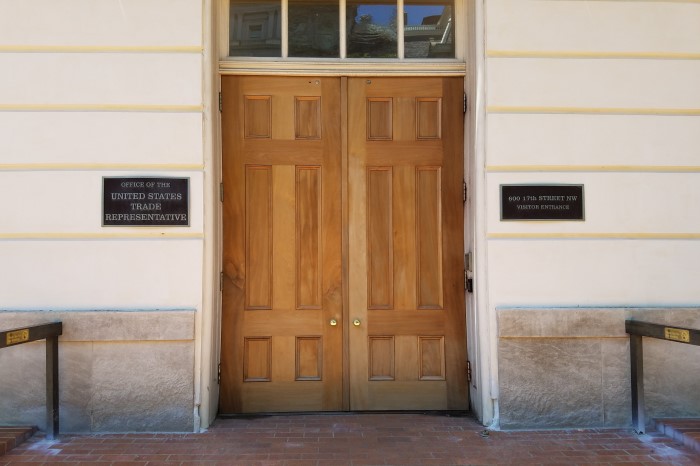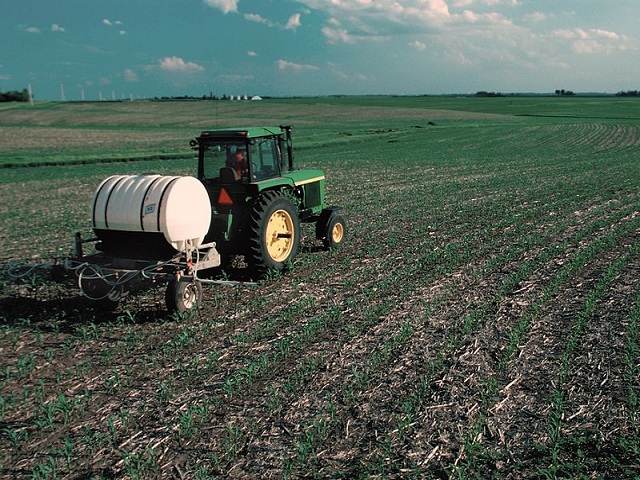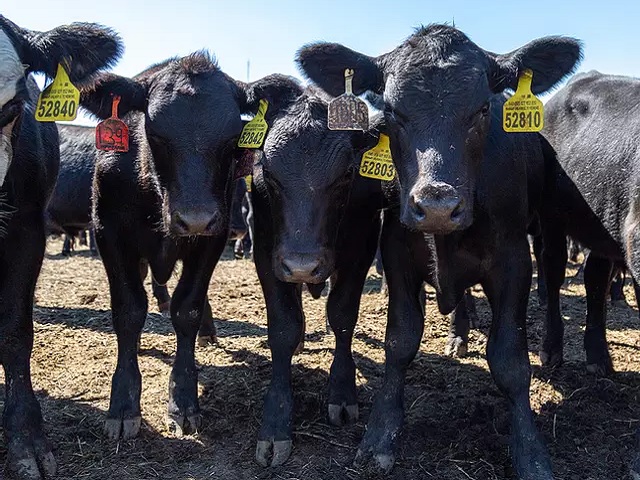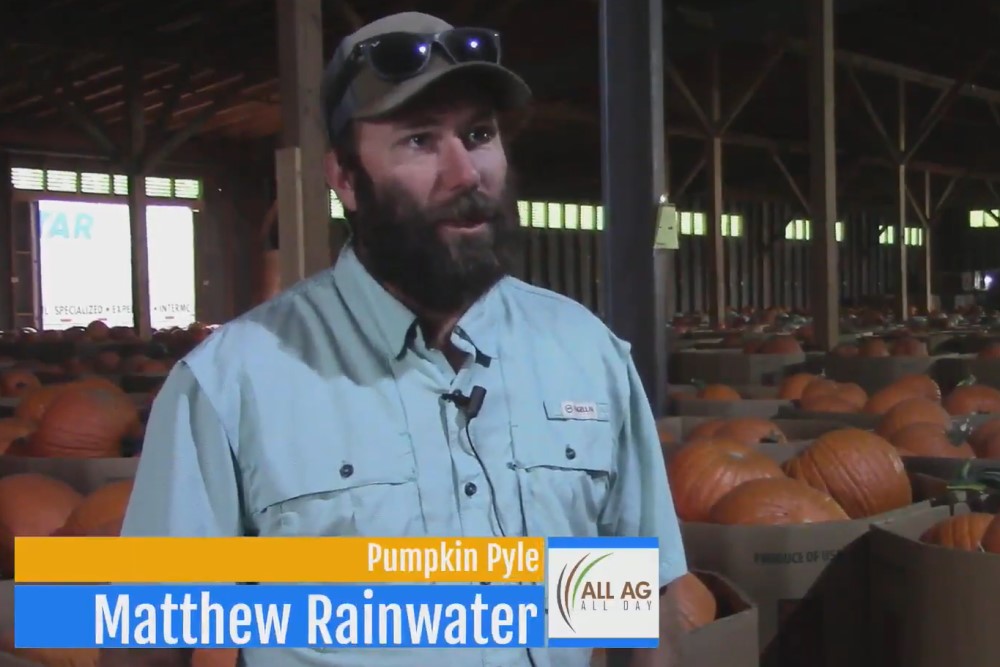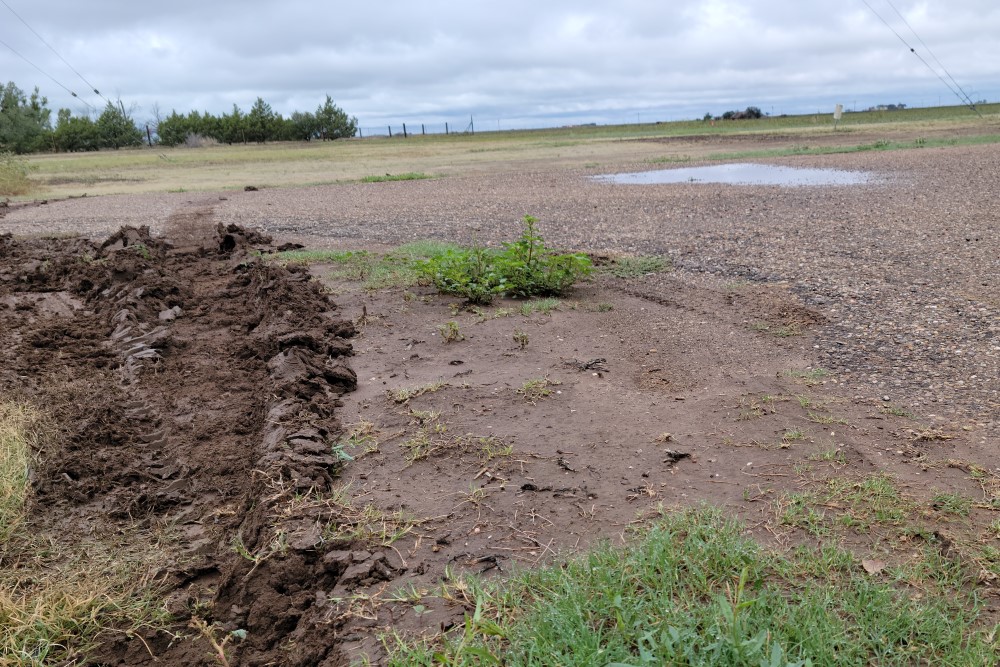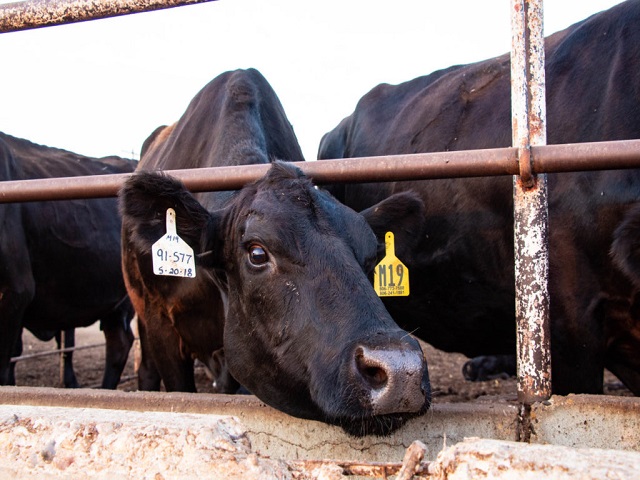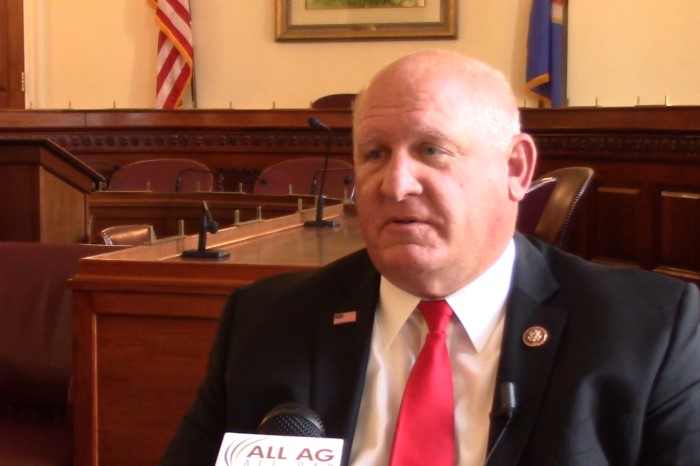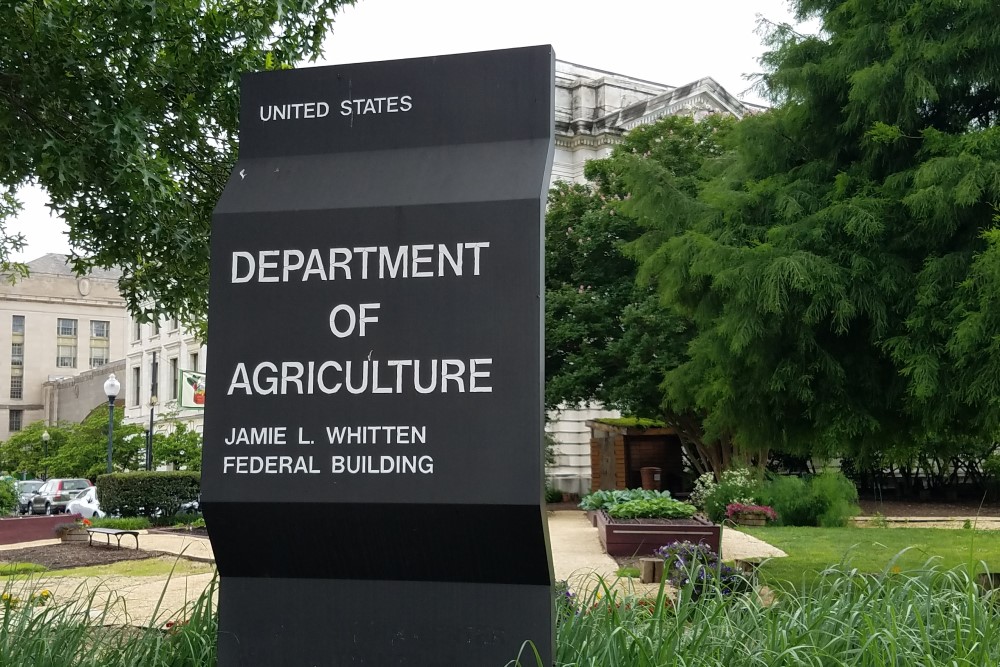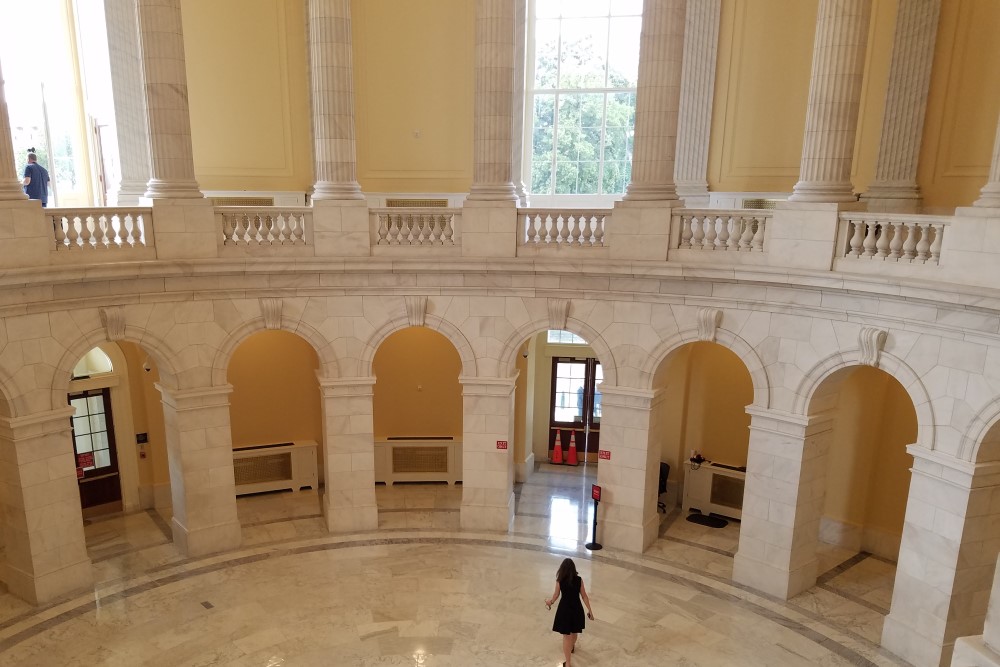States Suing as New WOTUS Rule Becomes Effective
SAN FRANCISCO, CA – Back in January, the Environmental Protection Agency (EPA) and the Army Corps of Engineers (Army) announced a new, clear definition for “waters of the United States”, also known as WOTUS, which went into effect on Monday. The Navigable Waters Protection Rule ended decades of uncertainty over where federal jurisdiction begins and ends and recognized the difference between federally protected wetlands and state-protected wetlands. The revised definition identified four clear categories of waters under the Clean Water Act (CWA): the territorial seas and traditional navigable waters; perennial and intermittent tributaries; certain lakes, ponds, and impoundments; and wetlands that are adjacent to jurisdictional waters. These four categories protect the nation’s navigable waters and the core tributary systems that flow into those waters. This final action also detailed what waters are not subject to federal control, including features that only contain water in direct response to rainfall; groundwater; many ditches, including most farm and roadside ditches; prior converted cropland; farm and stock watering ponds; and waste treatment systems. Now, however, 18 states and the District of Columbia have sued the Trump administration claiming that the new definition is too narrow and is counter to waters that have traditionally been under the CWA’s protection. On the other hand, 20 states have signed on in support of the new definition.
(SOURCE: National Law Review)





